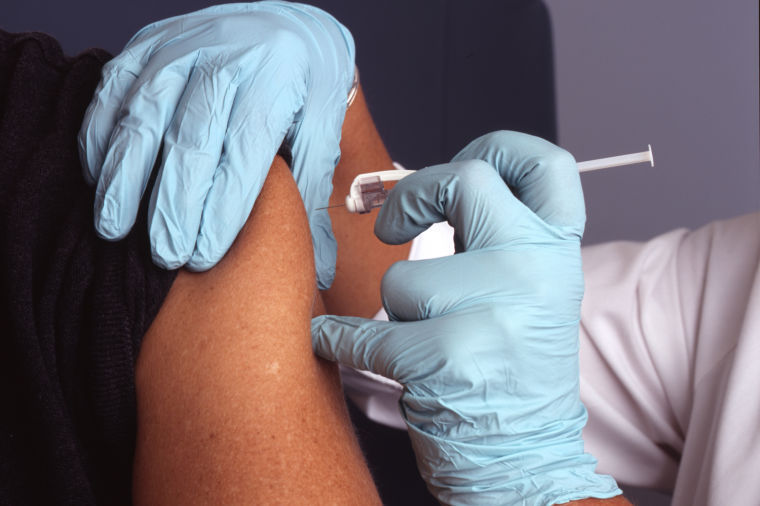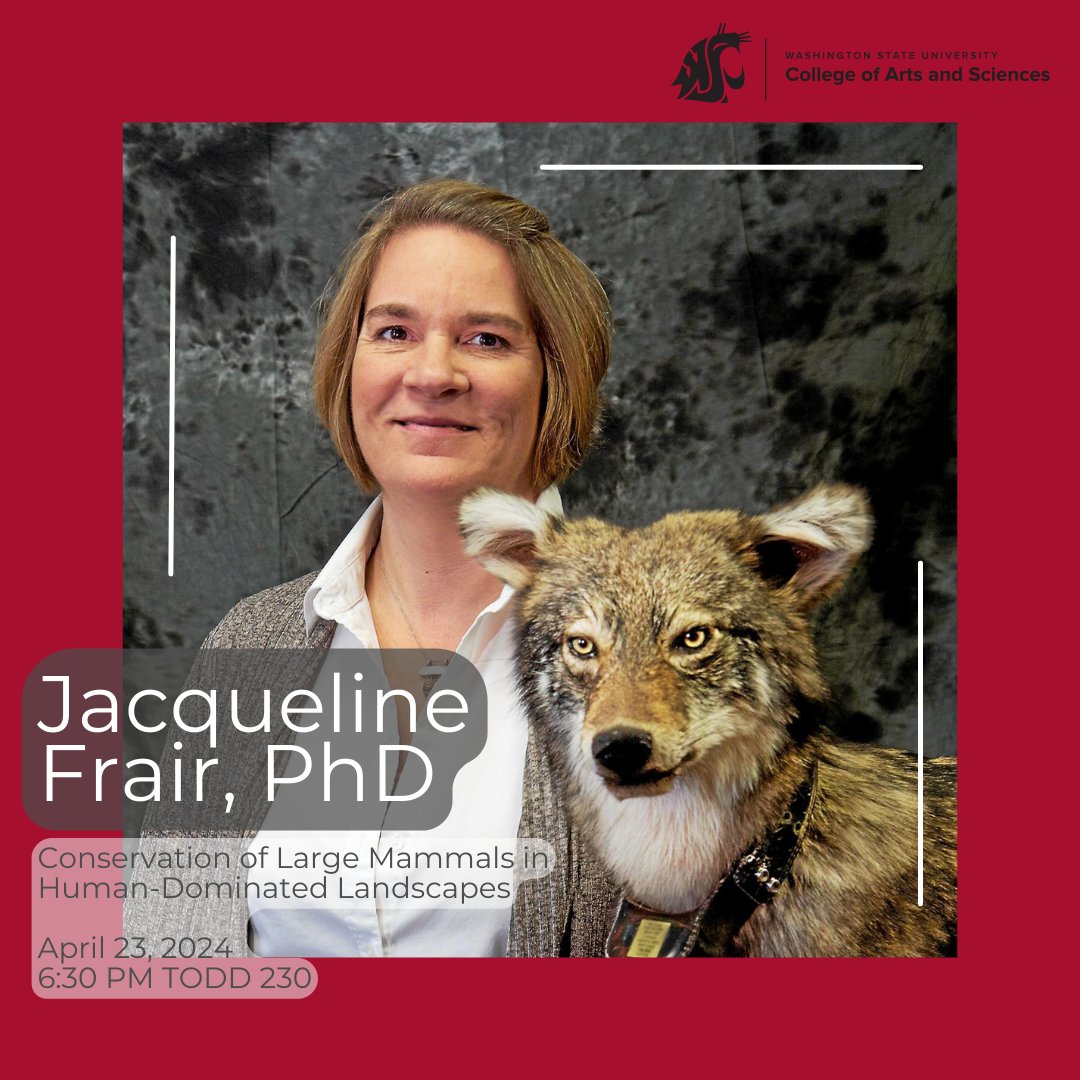Injecting lies
Recent factually inaccurate belief of a correlation between vaccines and autism has prevented proper medical treatment.
February 13, 2014
Some fear the illness and others fear the needle.
Many myths surround the concept of vaccination and disease prevention. One of most commonly propagated tidbits of information links autism to infant vaccination.
The idea that vaccinations somehow caused or increased the incidence of autism was first injected into the societal brain in 1998 by the British doctor Andrew Wakefield through his publication in the medical journal The Lancet.
Despite the publication’s reputable name, Wakefield’s experimentation exhibited poor research techniques.
He and his group of researchers examined only a small sample of individuals and did not maintain a control group, according to an editorial by the British Medical Journal.
Nearly 12 years later and after a forensic dissection at the General Medical Council’s fitness to practice hearing, Wakefield’s experimentation was deemed to be fraudulent, unethical and unfounded, according to the same editorial by the British Medical Journal.
Although Wakefield and his team have been proved false in their claims about vaccinations and their supposed health detriments, many people still live under the lie that the saving medical grace will cause harm to their children.
One survey in the Los Angeles County area concluded that nearly half of the parents of children under the age of 18 with autism spectrum disorders discontinued healthy vaccination practices due to the belief that such procedures led to developmental disorders, according to the American Association of Intellectual and Developmental Disabilities.
Parents who fail to provide their children with vaccinations also fail to provide protection against seriously debilitating or life-threatening diseases that may lead to infant mortality or permanent disability.
Although their actions may originate from genuine concern for the developmental safety of their children, parents put their children at risk for some dangerous consequences.
The technological and medical advances available in the modern era contribute to our longevity and well-being. When we view improvements through a skeptic’s eye, we hinder progress and inhibit the spread of good health.
Of course, we may choose to proceed with caution new and tentative technologies, but with proven medical advances, such as the vaccine, we have no excuse.
The amount of evidence disproving the link between developmental disorders and the humble vaccine has been present for a number of years.
We’re a nation that believes in aliens and Area 51, yet we still feel apprehensive toward scientifically and medically beneficial technologies.
When we stop to take a look at the evidence, we can begin to make better decisions concerning the health care of our children.
-Michelle Chan is a sophomore animal science major from Phoenix, Ariz. She can be contacted at 335-2290 or by [email protected]. The opinions expressed in this column are not necessarily those of the staff of The Daily Evergreen or those of Student Publications.






















